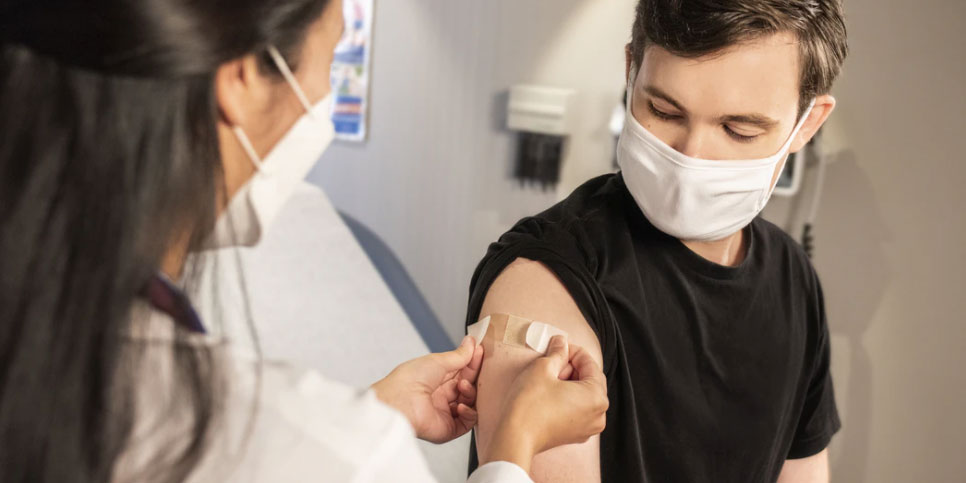
Vaccinating kids and young adults is a decision in need of copious input.
One lesson of parenting — even of living life as an adult for a while — is that decisions are often complex bets based on incomplete information. Such is the case with decisions about vaccinating children for COVID-19.
On the “no” side is the plain fact that COVID-19 has proven relatively mild, even when detectable, among the young. A recent addition to the “no” list, particularly for boys, is an increased incidence of heart inflammation, as Zachary Stieber reports for The Epoch Times:
The expected number of myocarditis/pericarditis cases in those aged 16 or 17, based on background incidence rates and the number of doses administered to that population through May 31, is between two and 19. But based on the VAERS reports, the number is 79.
Likewise, the expected number for cases among young adults between the ages of 18 and 24 is eight to 83. The number based on the reports is 196.
“In the 16- to 17 year-olds and the 18- to 24-year-olds, the observed reports are exceeding the expected based on the known background rates that are published in literature,” Shimabukuro told members of a Food and Drug Administration vaccine advisory committee in the meeting on Thursday, though he cautioned that not all the reports will “turn out to be true myocarditis/pericarditis reports.”
As balance for this information, however, we have to remember that, while COVID was relatively not a problem among the young, it was not completely without effect or complications. (One wonders whether increased myocarditis/pericarditis may have been among them.) Moreover, the observed reaction to the vaccine is still very rare, considering the millions of people who have received it.
More fully on the “yes” side of the vaccinate-the-young question is the specter of variants. Theodore Bunker reports for NewsMax that the Delta (i.e., “Indian”) variant is twice as likely to send somebody infected with COVID to the hospital and was “found mainly in younger, more affluent groups.” According to Bunker, the Pfizer vaccine that is currently available in America for children as young as 12 is still 79% effective against this variant.
So, there’s the decision. The balance of evidence still suggests that the original (“Wuhan”) COVID-1 virus was more dangerous for kids than the vaccines, but of course, as the virus fades, the chance of kids’ catching it in the first place goes down. Meanwhile, complications from the vaccine still appear to be very rare, and a variant that affects kids more and is, overall, more harmful, could emerge, but still be preventable with the vaccine.
Featured image by the CDC on Unsplash.

